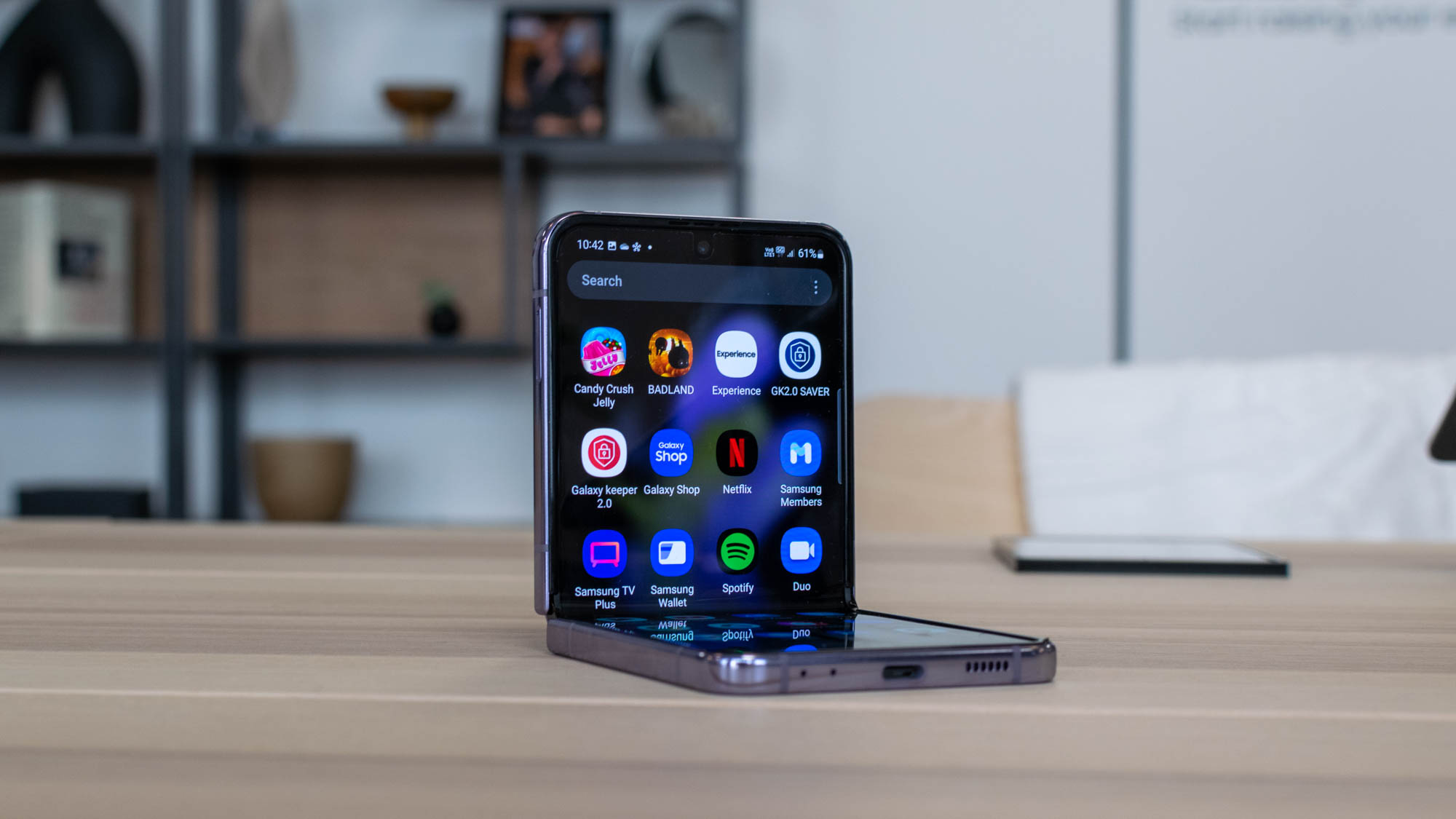Texas winter storm halts semiconductor production
Plant closures will further compound automotive supply chain problems


Semiconductor manufacturers have shuttered their Texas production plants this week as a winter storm continues to ravage the state, causing power shortages and rolling blackouts. The shutdowns will worsen an already critical shortage in the semiconductor supply chain.
According to reports, Samsung, which operates two factories in Austin, Texas, has temporarily shut down production there at local authorities’ request. The company began its Austin operation in 1996 with the construction of a $1.3 billion plant. In 2007, Samsung opened a 1.6-million-square-foot, $3.5 billion NAND flash chip facility in Austin.
Dutch chip manufacturer NXP Semiconductors also had to halt production at its two Austin facilities.
"Austin-area utility providers are prioritizing service to residential areas and for critical health, safety and human services. As a result, electricity and natural gas providers have temporarily suspended service to Austin semiconductor manufacturers, including NXP," NXP Semiconductors said in a statement, adding it was notifying affected customers directly of potential supply disruptions.
NXP, a large automotive parts supplier, expanded into Texas via an $11.8 billion merger with Freescale Semiconductor in 2015.
Infineon, another automotive chip maker, also shut down its Austin plant Tuesday,
Texas has been struggling with an arctic winter storm that’s affected 25 states in the US. Austin declared a state of disaster on February 12, following what it said were the lowest temperatures in decades.
Get the ITPro daily newsletter
Sign up today and you will receive a free copy of our Future Focus 2025 report - the leading guidance on AI, cybersecurity and other IT challenges as per 700+ senior executives
The power emergency began with several power plants going offline in rapid succession. The Electric Reliability Council of Texas, which manages the state’s electricity grid, said it lost about 34,000 megawatts of supply on Monday and declared a level-three emergency. It ordered electrical utilities statewide to cut power demand by about 16,500 megawatts via controlled power outages.
Austin issued an order on Monday for manufacturers to shut down non-essential operations "to the greatest extent possible." The order remains until February 22.
As the power went out, energy demands increased from people trying to stave off the cold. An ice storm in the Austin area on Wednesday added to the problem.
The outages will add to a shortage in semiconductors affecting the US supply chain. The automotive sector is among the hardest-hit sectors, leding several companies to shut down their plants this month.
Last year, semiconductor revenues fell 0.9% as Congress introduced legislation to bolster the domestic semiconductor industry.
Danny Bradbury has been a print journalist specialising in technology since 1989 and a freelance writer since 1994. He has written for national publications on both sides of the Atlantic and has won awards for his investigative cybersecurity journalism work and his arts and culture writing.
Danny writes about many different technology issues for audiences ranging from consumers through to software developers and CIOs. He also ghostwrites articles for many C-suite business executives in the technology sector and has worked as a presenter for multiple webinars and podcasts.
-
 Bigger salaries, more burnout: Is the CISO role in crisis?
Bigger salaries, more burnout: Is the CISO role in crisis?In-depth CISOs are more stressed than ever before – but why is this and what can be done?
By Kate O'Flaherty Published
-
 Cheap cyber crime kits can be bought on the dark web for less than $25
Cheap cyber crime kits can be bought on the dark web for less than $25News Research from NordVPN shows phishing kits are now widely available on the dark web and via messaging apps like Telegram, and are often selling for less than $25.
By Emma Woollacott Published
-
 Samsung Galaxy Book 5 Pro 360 review: Almost the perfect big-screen laptop
Samsung Galaxy Book 5 Pro 360 review: Almost the perfect big-screen laptopReviews The Book 5 Pro 360 is a laptop you slowly get accustomed to, rather than one that feels right from the word go.
By Stuart Andrews Published
-
 Samsung Galaxy Tab S10+ review: Possibly the best Android tablet for business
Samsung Galaxy Tab S10+ review: Possibly the best Android tablet for businessReviews With good performance, AI features and an exceptional screen, the Tab S10+ is the best Android tablet out there, if not quite the best tablet overall
By Stuart Andrews Published
-
 Samsung Galaxy Tab S10 Ultra review: Samsung's big-screen tablet is an AI-powered multitasking monster
Samsung Galaxy Tab S10 Ultra review: Samsung's big-screen tablet is an AI-powered multitasking monsterReviews The sheer size won't be for everyone, but the Tab S10 Ultra has the screen, performance, and multitasking prowess for serious work
By Stuart Andrews Published
-
 Rugged goes mainstream
Rugged goes mainstreamwhitepaper Why every business needs rugged devices to get the job done
By ITPro Published
-
 Why tougher doesn’t need to mean harder
Why tougher doesn’t need to mean harderwhitepaper Bridging the rugged and consumer device divide
By ITPro Last updated
-
 Samsung reveals plans for $15bn chip research center to break semiconductor scaling barriers
Samsung reveals plans for $15bn chip research center to break semiconductor scaling barriersNews The news follows the company's proposal in July to build 11 Texas semiconductor plants worth $191 billion
By Praharsha Anand Published
-
 Samsung Galaxy Z Flip 4 hands-on review: A welcome (if minor) update
Samsung Galaxy Z Flip 4 hands-on review: A welcome (if minor) updateFirst look Samsung’s latest foldable is appealing, but does little to stand out from its predecessor
By Adam Shepherd Published
-

 Samsung Odyssey Neo G8 review: A groundbreaking display for work and play
Samsung Odyssey Neo G8 review: A groundbreaking display for work and playReviews The world’s first 4K/240Hz screen delivers sensational contrast and great colours, albeit for a high price
By Mike Jennings Published